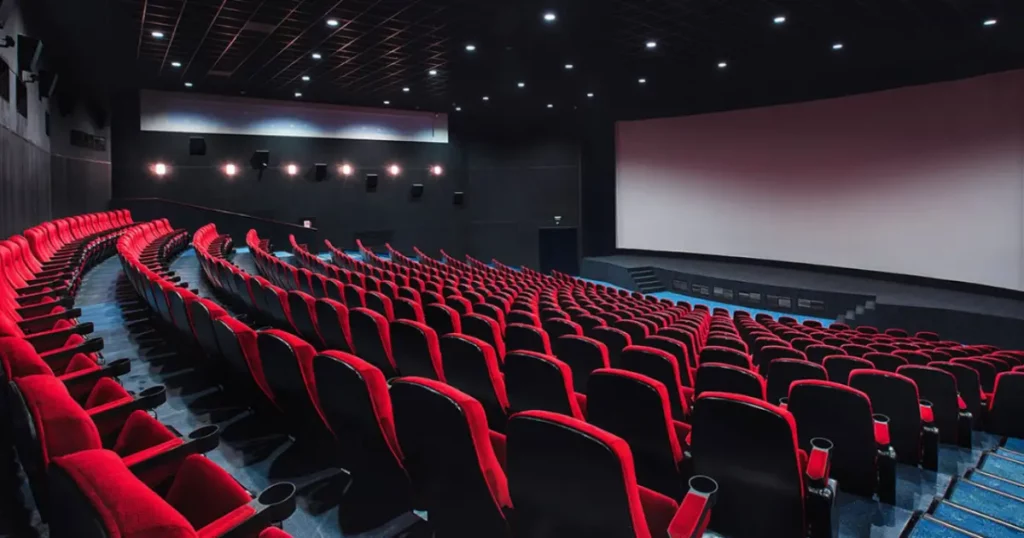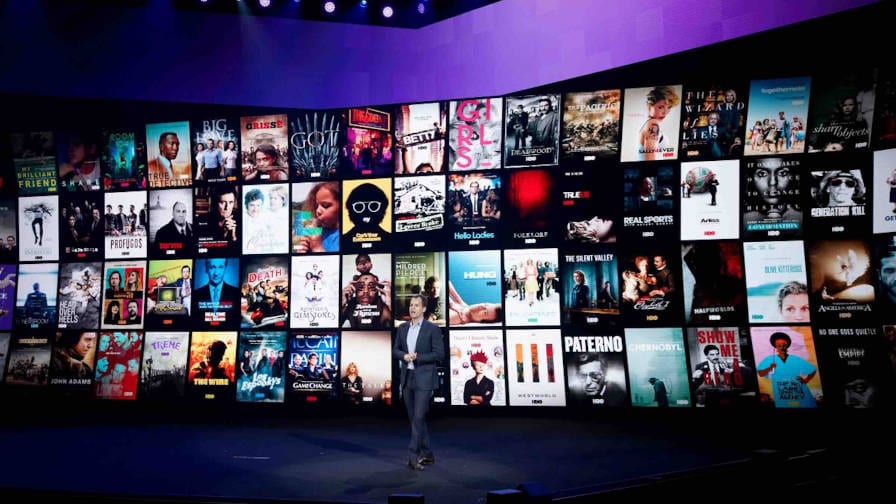Adverts
In an ever-evolving world, entertainment is undergoing a monumental transformation.
Traditionally, cinema has been the undisputed king of the big screen, but in recent years, streaming has emerged as a formidable competitor, challenging established notions of how we consume audiovisual content.
Adverts
Let's explore how these changes are shaping the entertainment financial landscape and what's behind the transformation.
The Reign of Cinema:
Adverts
For decades, the cinema was the main destination for movie lovers looking for entertainment. Big releases, summer blockbusters and prestigious premieres drew crowds to darkened theaters, creating moments of communion and cinematic admiration.
However, the cinema business model largely depended on box office and ticket sales. This meant that studios competed fiercely for screen time and public attention, launching huge marketing campaigns and betting on the performance of their productions at the box office.

The Rise of Streaming:
With the advent of streaming, the entertainment landscape has changed drastically. Platforms such as Netflix, Amazon Prime Video, Disney+ and HBO Max offer a vast and diverse library of films and series to be watched on demand, anytime and anywhere.
This convenience has revolutionized the way we consume audiovisual content. No longer limited to cinema showtimes, viewers now have complete control over what they watch and when they watch it. This has led to a significant change in consumption patterns and entertainment habits.
The Financial Impact:
In terms of making money, streaming is emerging as a serious competitor to cinema. With monthly subscriptions and a global subscriber base, streaming platforms generate stable, predictable revenue, even when there are no major releases.
Additionally, the global pandemic has brought dramatic changes in consumer behavior. With movie theaters closed and social distancing restrictions in place, many viewers have turned to streaming as a primary source of entertainment. This has led to a significant increase in subscriptions to streaming platforms and an even greater shift in the entertainment paradigm.
The Paradigm Shift:
The rise of streaming has not only transformed the way we consume entertainment, but it has also challenged traditional notions of financial success in the film industry. Now, the value of a production is no longer measured only by the box office of its theatrical release, but also by the cultural impact and audience engagement over time.
With more content being released directly to streaming platforms, studios are exploring new opportunities to tell stories and reach global audiences. This has led to an increase in content diversity, with smaller budget and niche productions finding a home in the world of streaming.

The Future of Entertainment:
As we look to the future, it's clear that the streaming revolution is just beginning. With the development of technologies such as virtual reality and increased image and sound quality, the streaming experience is becoming increasingly immersive and immersive.
However, cinema is not dead. Many filmmakers and moviegoers continue to value the unique experience that cinema offers – the big screen, surround sound and communion with a live audience. The challenge for the film industry will be finding ways to adapt and evolve in a world dominated by streaming.
Conclusion:
In an era of change and innovation, the world of entertainment is undergoing a monumental transformation. Cinema and streaming compete for the public's attention and money, each offering their own unique take on how we engage with the audiovisual world.
With a variety of options available, viewers are in control like never before, shaping the future of entertainment with their choices and preferences. Regardless of where the future takes us, one thing is certain: the world of entertainment will continue to surprise, thrill and inspire us, captivating audiences around the world.







